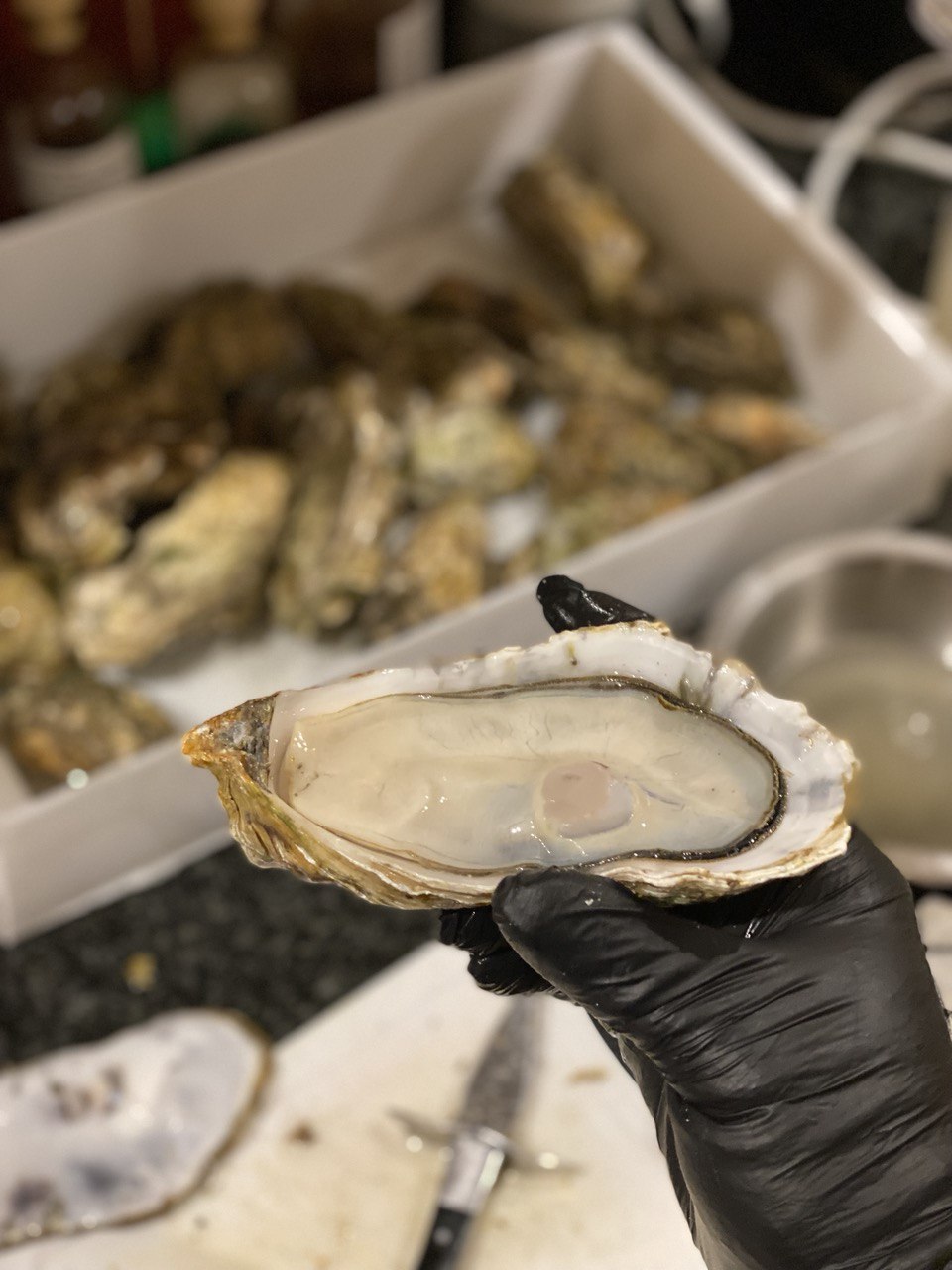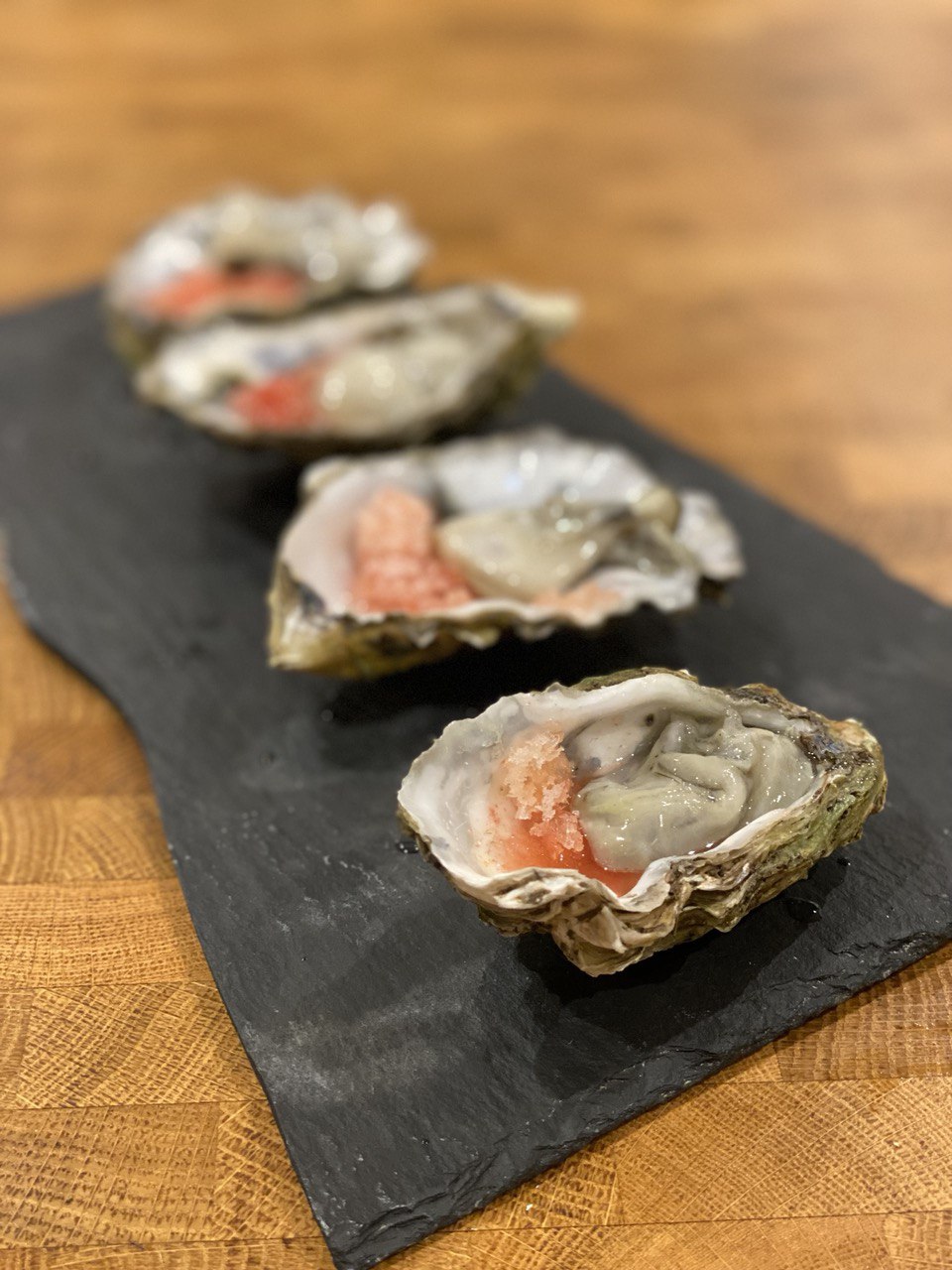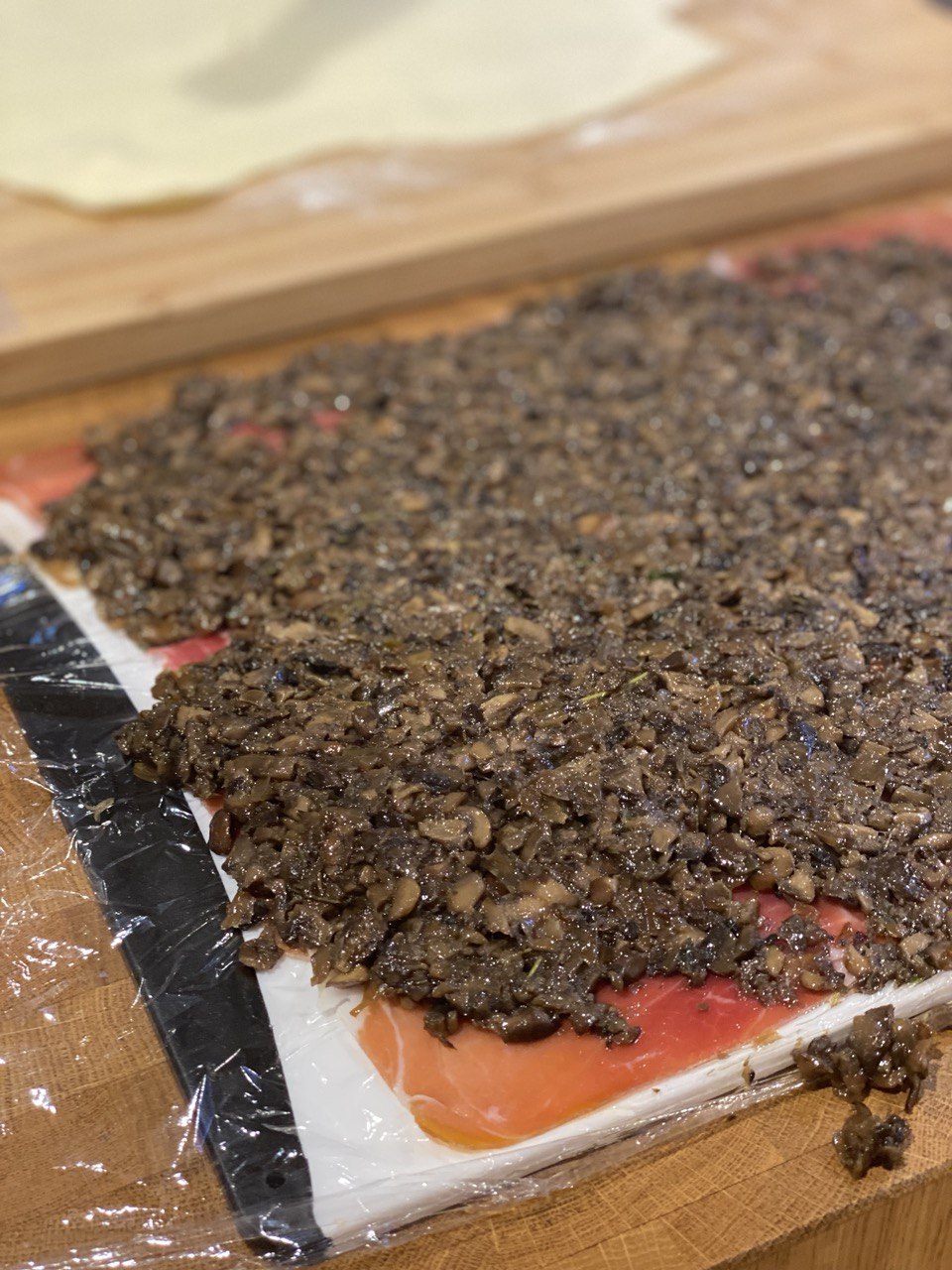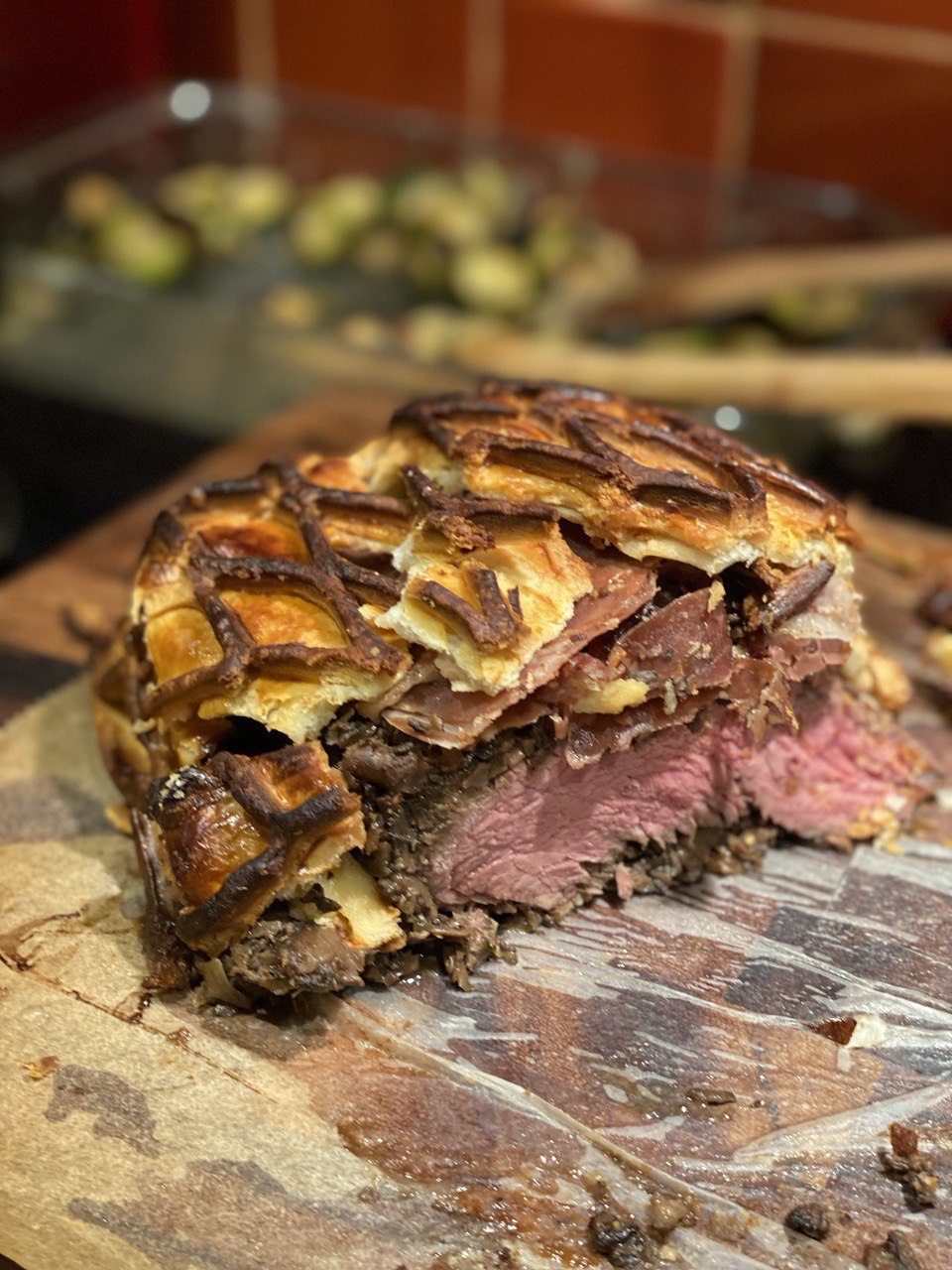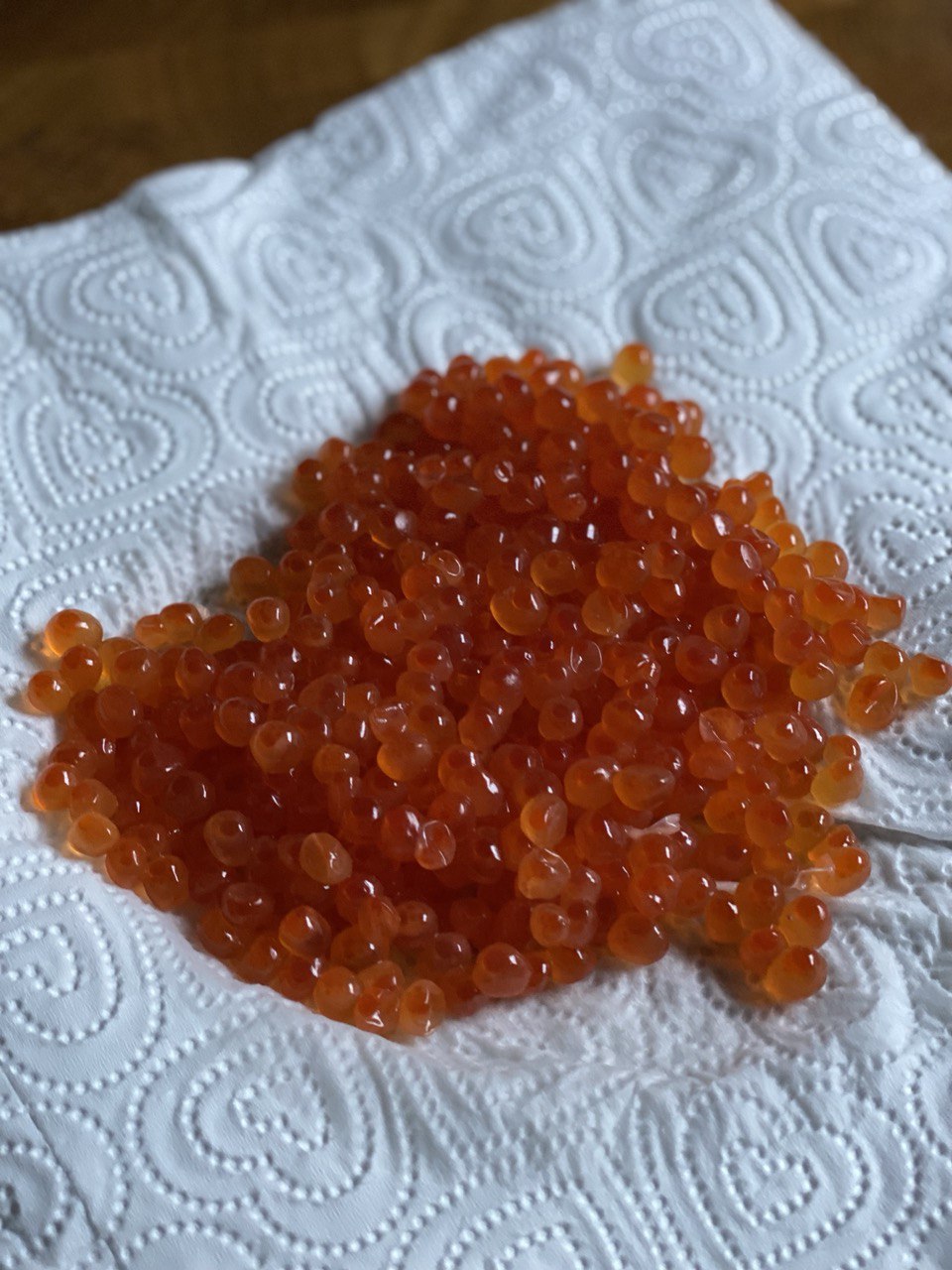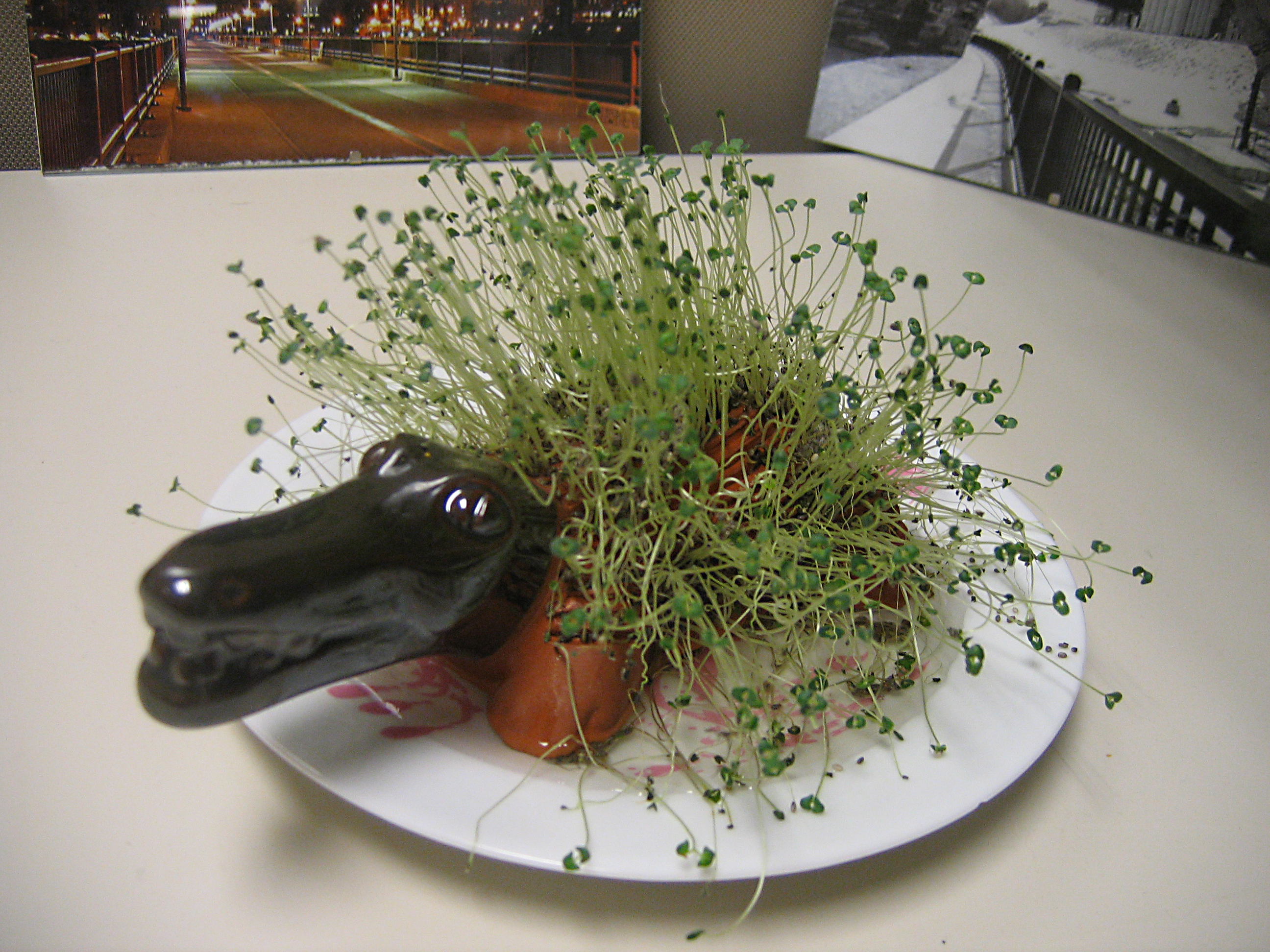Not much of a point trying it with freshly salted caviar, obviously.
Things I enjoyed reading
This is somewhat related to the story about weeks being the only artificial way to measure time, but from a slightly different perspective:
Time is a mystery humans have grappled with across cultures and centuries, often with ritual as our guide. January traces to Janus, the Roman god of doorways and beginnings. The ancient Babylonians charted the course of Venus, dating the dynasties of kings. The Greeks had Chronos, the god of time, and for many Hindus time was associated with Kali, who doubled as the goddess of death.
This article is approaching a slightly different problem: is there a need to change something if the time feels lost while the years change? And if so, is it a mental change or a technical one?
Overall I am quite sceptical about the state of programming interviews these days. There are a few things I am quite cautious about: enforcing seniority constraints and asking to solve algorithmic challenges.
The former is a topic for a separate rant, but the latter is widely spread across FAANG (MANGA?) companies and all those attempting to join the list one day.
This post gives a good heuristic for passing those interviews, and what's rare it also could be applied to problem solving in general.
That leaves just hash tables and linked lists. If we go through the common use cases for hash tables, there doesn’t appear to be any way to apply them to the problem. We don’t need to quickly lookup different objects and we don’t need to partition a list of objects into different groups. That means we can cross off hash tables from the list.
The only data structure remaining are linked lists. Looking at the use cases the only two are for a stack and a queue. Can we use either of those to keep track of how many times a function has been called in the last minute? Yes!
The only step it is somewhat missing is the actual condensing of a human-readable question ("... there are X houses, and a postman wants to visit...") into a problem ("where given a length X, the task is to decide whether the graph has a tour of at most X"), but that comes with practice and is definitely harder to learn by reading.
I love building things from scratch, whether it's coding, soldering, or 3D-printing, but carpentry is still on my list of hobbies to explore. It looks moderately complicate but way less so comparing to the times when YouTube didn't have videos on all possible ways to hold a hammer. It also produces somewhat fun artifacts:
Time to paint! First, I started by caulking everything, sealing all the gaps, and making everything smooth. Painting is my least favorite thing to do; all the prepping you need to do beforehand is pretty dull, so for that task, my wife came to rescue me again. We pretty much got it done in a weekend using two coats of paint. We used a single gallon of flat black for the walls and side trims, and one quart of flat white in the top trims. The idea was to make just the white door stand out in a minimalist look, internally we used one coat of clear polyurethane on the plywood mostly just to protect the panels since it looks pretty cool bare as it is.
I don't really need a WFH shed, which is a shame, but I might as well install one just to watch horror movies without disturbing my wife.
Book reviews and summaries are an interesting affair. They need to be detailed enough to convey the author's thoughts and ideas without bias, but also not too bloated to avoid turning into an essay.
They also should be critical enough to give both pros and cons, but unbiased too as the reader should be able to make their own impression.
Here the post covers a book on building good habits and getting rid of the bad ones, but also touches on time management and overall lifestyle changes:
The inversion of the fourth law of behavior change is to make it unsatisfying. The more painful a behavior the more likely we are to avoid it. The trick to stopping our bad habits is to make their consequences occur as soon as possible, be clearly visible, and be more painful than their worth. Imagine if you were instantly issued a speeding ticket every time you sped. This would surely squash your habit of joyriding, as the cost of the ticket would far outweigh the momentary thrill of speeding.
And this review is a good, as I got the urge to read the book myself, and yet got enough action points in the meantime.
The title is obviously misleading (this is an interview with a VP), but it has some insights into how complex is the AirPods' spatial audio system, and how limited is the protocol they're using.
The aim is for Spatial Audio to sound natural and convincing, but that apparently isn’t straightforward. Given free, three-dimensional rein, “you have to take into account the position of your virtual speakers in space, so how far are they are from you, and the angle that they are in space, things like reverberation time – so you need to choose whether you want your thing to sound like a cathedral or a very small room with lots of carpet and curtains in and things like that. You need to think about decay times of the sound, channel gains and so on. And that’s a really artistic choice”.
I didn't notice much of a difference yet, but to be fair most of the songs I listened to were recorded way before the feature support. Maybe it's the right time to try again.
Another alarming look into the way social media in particular (and modern technologies in general) affected the way we concentrate:
It means that if you check your texts while trying to work, you aren’t only losing the little bursts of time you spend looking at the texts themselves – you are also losing the time it takes to refocus afterwards, which turns out to be a huge amount. For example, one study at the Carnegie Mellon University’s human computer interaction lab took 136 students and got them to sit a test. Some of them had to have their phones switched off, and others had their phones on and received intermittent text messages. The students who received messages performed, on average, 20% worse. It seems to me that almost all of us are currently losing that 20% of our brainpower, almost all the time.
This research somewhat proves that makers vs managers schedule is a real thing, and switching context all the time comes at a price of one's productivity. If only managers actually kept that in mind.
I love hot chicken as much as the next guy, but where does it come from? Here is at least one version:
Back in the 1930s, there was a man named Thornton Prince, who had a reputation around town as a serial philanderer. His girlfriend at the time, sick of his shit and spending her nights alone, decided to do something about it. After a long night out, Prince came home to breakfast. His girlfriend made fried chicken, his favorite. But before serving it, she caked on the most volatile spices she had in the pantry — presumably cayenne pepper and mustard seed, among other things. If it didn’t kill him, at least he would reevaluate his life choices. He didn’t do either — Prince fell harder for the over-spiced piece of chicken than he did for any woman he’d ever courted. Prince implored her to make it for his family and friends — they all loved it, too.
The article is actually not about mere history but also about how the heat in food changes our perception by unleashing a wave of endorphins, which lasts longer than the pain, which kind of explains a lot.
An interesting attack vector with HomeKit, which doesn't seem to be fixed yet:
When the name of a HomeKit device is altered, the new name is stored in iCloud and is updated across all other iOS devices signed into the same account if Home Data is enabled. iOS frequently updates this data without any user interaction. Once a device with an affected iOS version installed loads the new data (locally or from iCloud), one of two scenarios outlined below may occur. (A string length of 500,000 was used in testing.)
Most of these scenarios are not dangerous in the sense that the data is not getting stolen, just lost, which shouldn't be a problem for those with regular backups. But how many people out there actually do have regular backups?
Despite enjoying foraging in my childhood, it's been quite a while. Mostly because I am not as confident in local flora, but also the overall simplicity of buying already harvested food plays its part. This article is quite reassuring though, as it claims that there are mushrooms without poisonous lookalikes.
Another good mushroom for beginners, oysters are found on standing dead trees or logs. The name comes from the mushroom’s ivory color and shell-like appearance, which resemble an oyster. They usually grow in groups. They have a longer season than many mushrooms and can be found both fall and spring, and sometimes even in winter. They’re prized for their velvety texture and unique flavor, which can range from mild to strong. I have a friend who claims they’re the best mushroom to pair with venison. There are no toxic look-alikes, but you do want to avoid Lentinellus ursinus, the bear Lentinus, which is known as “the only mushroom that raccoons will spit out.” It won’t hurt you; it just doesn’t taste very good.
Oyster mushrooms actually could be grown at home, and I've seen some people doing it successfully using spent coffee grounds. Sounds like a fun weekend project!
Despite being on Twitter for more than twelve years, there is still a lot to learn. I post way less than before: partly because I managed to gather around people whose interests mostly intersect with mine only when it comes to programming.
One of the best gifts I give myself as a writer is prolific tweeting. When I’m ready to write a longform piece about something, I have a handful of tweets and threads about the same topic. Twitter search lets me find, choose, and copy/paste the relevant material. This paragraph, for example, was originally a tweet.
Maybe it is worth getting back to be more proactive on there.
Things I didn't know last Tuesday
Among the oldest UK jobs, there are records of folks collecting used glass for recycling.
Cullet-pickers were another type of scavenger - this time of used glass. It could be sold to glassmakers who would use it in their furnaces to make a new batch - the addition of cullet makes the melting temperature lower.
The article doesn't mention if there were paid on a weekly basis or by the glassmakers, but I remember it being a thing in Russia even two decades ago.
One of those planes with a properly thought-through name:
| 